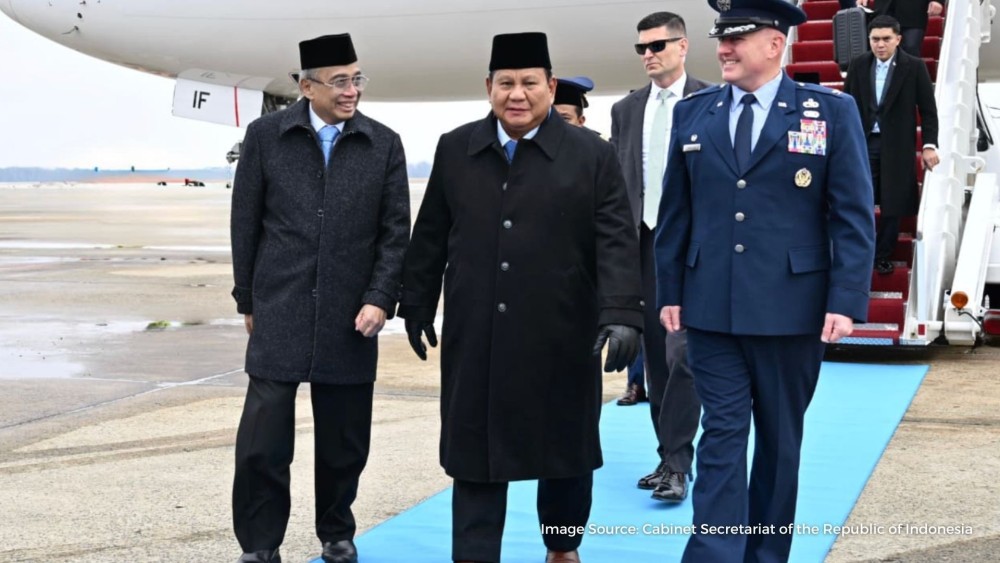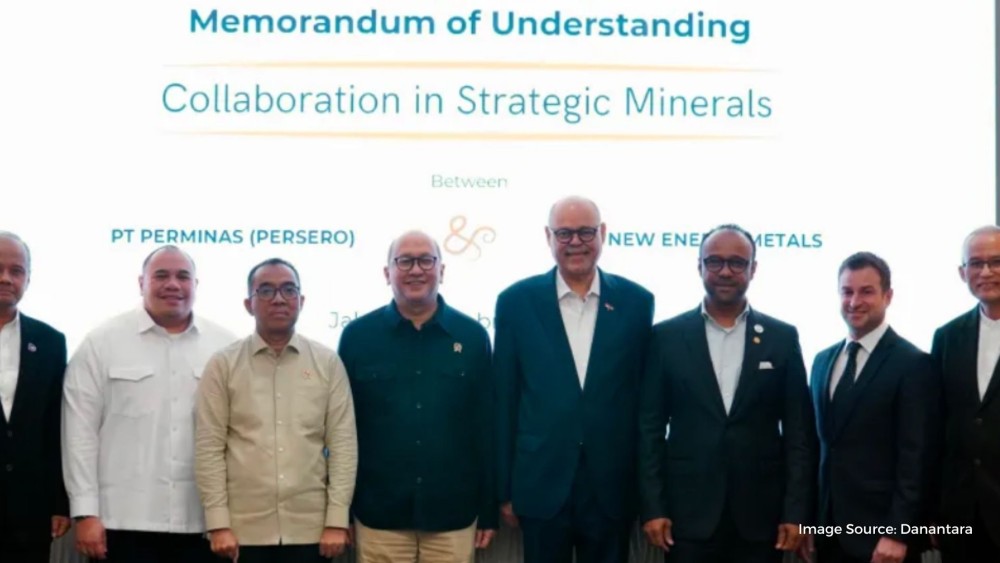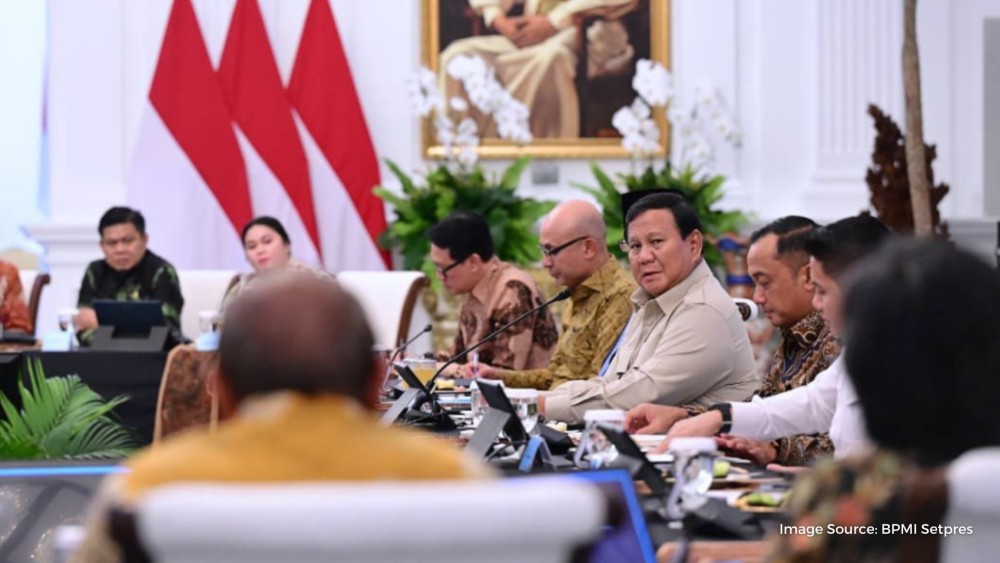Several Investors Interested in Continuing High-Speed Rail Project to Semarang or Surabaya
12 Jun 2025

Deputy Minister of Transportation Suntana revealed that several companies have expressed interest in continuing the Jakarta high-speed rail project to either Semarang or Surabaya, in an effort to expand the country’s modern transportation network.
“Several companies are interested in continuing the program, including the Whoosh project,” said Suntana on the sidelines of the International Conference on Infrastructure (ICI) 2025 in Jakarta, Wednesday, June 11.
However, Suntana did not disclose specific names of the companies that have shown interest in investing in the transportation sector. The Deputy Minister explained that the extension of the Whoosh high-speed rail project is currently evaluating two potential routes: the southern and northern corridors of Java Island.
He stated that the choice of routes from Jakarta to Central and East Java is being carefully studied to ensure time efficiency and maximize benefits for both passenger and logistics mobility nationwide. According to him, one of the main goals of the development plan is to facilitate fast, safe, and efficient movement of people and goods between regions.
“However, everything we do is aimed at making it easier for the public to mobilize both people and goods,” he said.
It was also noted that the high-speed rail project will proceed, even though it is currently still in the study phase and undergoing technical refinements across several critical aspects. Suntana added that the government has set a target for the project’s completion, but for now, the focus remains on feasibility studies as the basis for calculating investment and construction planning.
“We will definitely set a target, but for now we are conducting a feasibility study,” Suntana stated.
During his presentation at the event, the Deputy Minister called on private sector participation in developing a national green transportation system to reduce carbon emissions and achieve sustainable, environmentally friendly infrastructure in Indonesia.
“So, we at the Ministry of Transportation are inviting the private sector to collaborate with us in developing transportation infrastructure in Indonesia,” said Suntana.
He emphasized the importance of sustainable, environmentally friendly transportation that reduces carbon emissions, protects ecosystems, and provides a green transport legacy for future generations across Indonesia.
However, he also acknowledged the government's limited fiscal capacity to fund all transportation projects, making collaboration with the private sector a key solution for accelerating the development of national transportation infrastructure.
“Our state budget is still insufficient to cover all the costs. In response, the government is cooperating with the private sector under what we call Public-Private Partnerships (PPP),” he concluded.
This article is published in partnership with Katadata
Original article here








